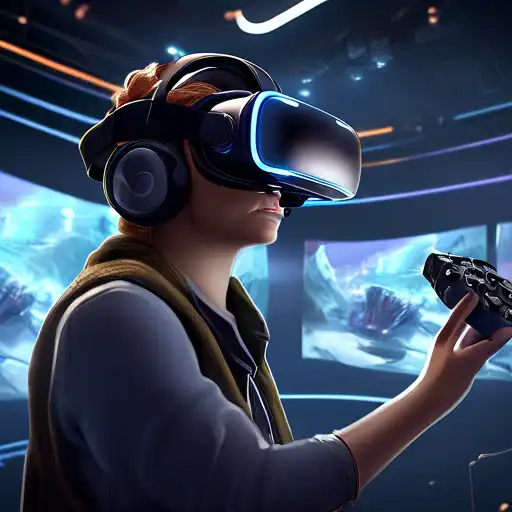Understanding the Complexities of VR Content Development
Virtual Reality (VR) has emerged as a groundbreaking technology, offering immersive experiences that were once the stuff of science fiction. However, developing content for VR presents a unique set of challenges that creators must navigate to deliver compelling experiences. From technical hurdles to creative constraints, the path to successful VR content is fraught with obstacles.
Technical Challenges in VR Development
One of the primary challenges in VR content creation is the technical complexity involved. Unlike traditional media, VR requires a high level of interactivity and immersion, demanding advanced programming skills and sophisticated hardware. Developers must ensure that the content is optimized for various VR platforms, each with its own specifications and limitations.
- High-performance computing requirements
- Compatibility across different VR headsets
- Latency issues that can cause motion sickness
Creative and Design Hurdles
Beyond the technical aspects, creating engaging VR content also poses creative challenges. Designers must think in 360 degrees, considering how users will interact with the environment from all angles. This requires a shift from traditional storytelling techniques to more interactive and user-driven narratives.
- Designing for user interaction and immersion
- Creating narratives that adapt to user choices
- Ensuring accessibility for all users
Overcoming the Barriers to VR Content Creation
Despite these challenges, there are strategies that developers can employ to streamline the VR content creation process. Leveraging the right tools and technologies, such as VR development platforms, can significantly reduce the complexity. Additionally, fostering collaboration between technical and creative teams can lead to innovative solutions that push the boundaries of what's possible in VR.
As the VR industry continues to evolve, so too will the tools and techniques for content creation. By staying informed about the latest trends and advancements, developers can overcome the hurdles and unlock the full potential of virtual reality.
The Future of VR Content
Looking ahead, the future of VR content is bright, with advancements in technology paving the way for more immersive and interactive experiences. As developers become more adept at navigating the challenges, we can expect to see a surge in high-quality VR content that captivates and engages audiences like never before.
For those interested in exploring the possibilities of VR, getting started with VR development is the first step towards creating the next generation of virtual experiences.
